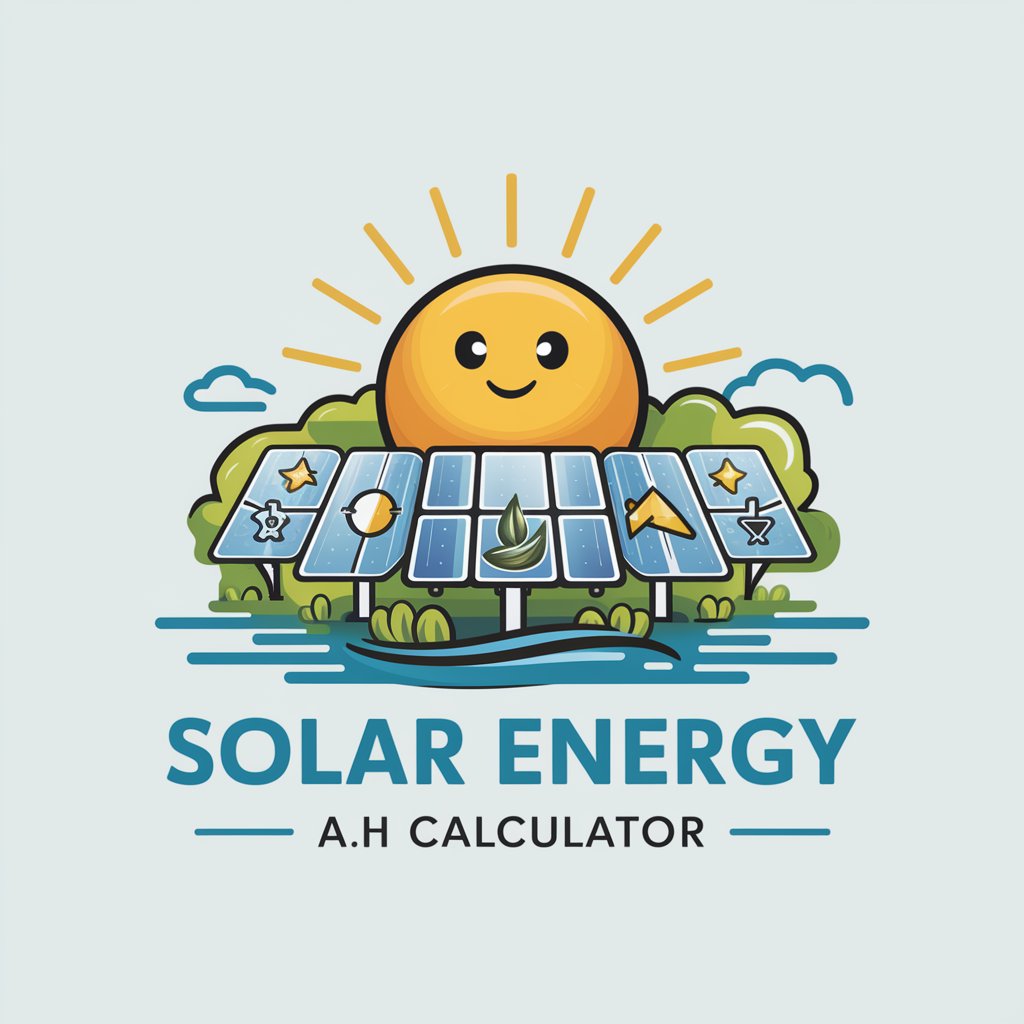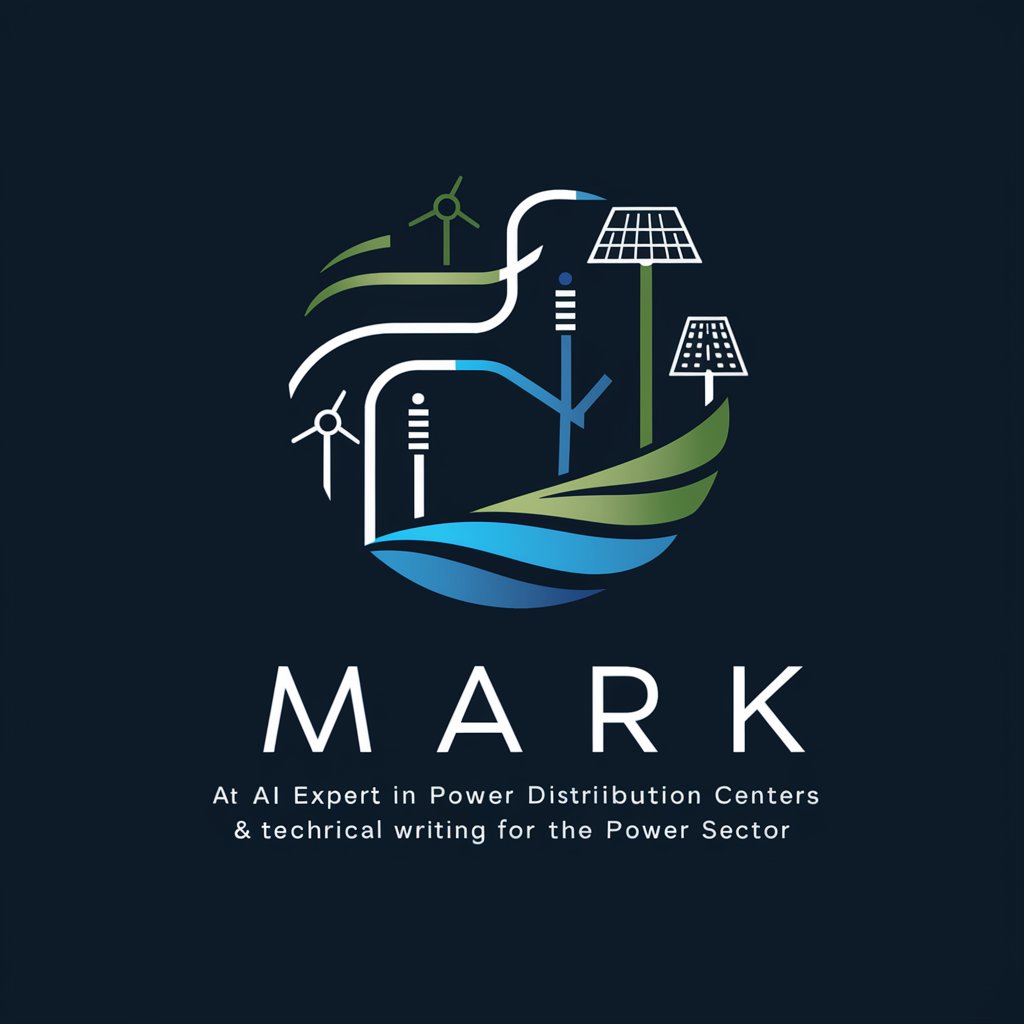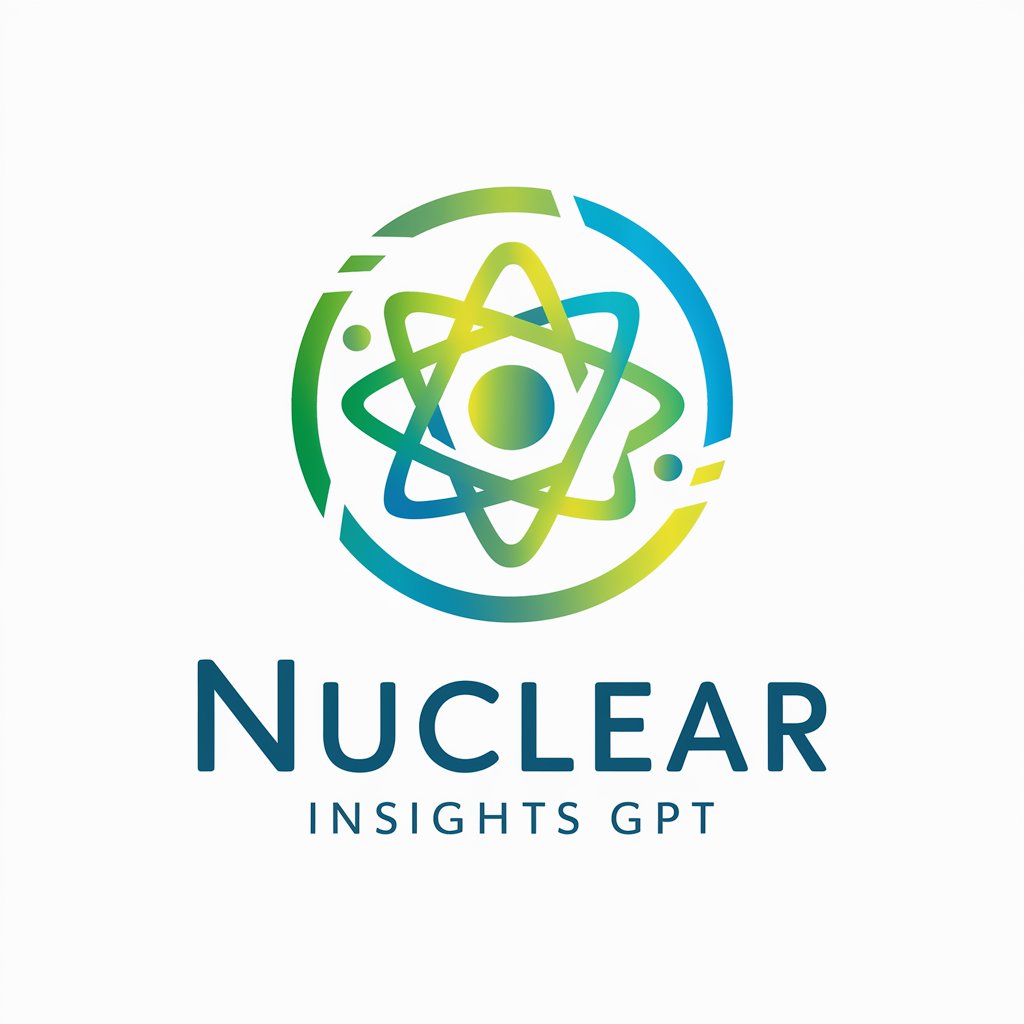18 GPTs for Energy Analysis Powered by AI for Free of 2026
AI GPTs for Energy Analysis refer to advanced artificial intelligence systems based on Generative Pre-trained Transformers designed specifically for analyzing and interpreting data within the energy sector. These tools leverage the power of machine learning to provide insights, forecasts, and solutions tailored to energy production, consumption, efficiency, and sustainability. Their relevance lies in addressing the complex challenges of energy management and policy-making, enabling stakeholders to make informed decisions by processing vast amounts of data with precision and speed.
Top 10 GPTs for Energy Analysis are: The Sustainability Droid,Combustion Engineering,Solar Energy AI Calculator,Fyllingsgraden,Pelorus Optimizer QMax Ai Module,Eco Advisor - Energy Consultant,Relativity Velocity Calculator,Energy Insight,HVAC Image Generator Tool,SolarBro
The Sustainability Droid
Empowering sustainable decisions with AI

Combustion Engineering
Optimizing Combustion with AI

Solar Energy AI Calculator
Powering Your Future with AI

Fyllingsgraden
Harness AI to track Norway's energy potential

Pelorus Optimizer QMax Ai Module
Empowering buildings with AI-driven energy intelligence

Eco Advisor - Energy Consultant
Empowering energy projects with AI insight

Relativity Velocity Calculator
Calculating Speed at the Edge of Light

Energy Insight
Illuminate Energy Insights with AI

HVAC Image Generator Tool
Visualize HVAC Systems with AI

SolarBro
AI-Powered Solar Project Precision

Energy Grid Q
Powering Renewable Energy with Quantum AI

Renewable Energy Feasibility Analyzer
Power Your Decisions with AI-driven Energy Insights

🌞 SolarSolver Pro Energy Lab 🔋
Powering Your Solar Projects with AI

节电能手(环保、绿色、节能)
Optimize Your Energy, Empower Your World

Mark
Empowering Energy Decisions with AI

Nuclear Insights GPT
Empowering nuclear energy knowledge through AI

风水大师
Harmonize Your Space with AI

Solar Sage
Powering Insights with AI

Key Attributes of Energy Analysis AI Tools
AI GPTs for Energy Analysis boast unique capabilities, including the ability to process natural language queries related to energy data, generate reports, and forecast energy trends. They adapt from basic data interpretation to complex predictive analysis, integrating various data sources for comprehensive insights. Special features include real-time energy market analysis, carbon footprint calculation, renewable energy potential assessment, and support for policy development. These tools also offer technical support, web searching, and image creation capabilities, enhancing their versatility in the energy sector.
Who Benefits from Energy-Focused AI GPTs
AI GPTs for Energy Analysis cater to a wide range of users, from industry novices seeking basic insights to developers and energy professionals requiring advanced analytics. They are accessible to those without coding skills, thanks to user-friendly interfaces, while offering extensive customization options for users with programming expertise. This inclusivity ensures that stakeholders across the energy sector, including researchers, policy makers, and business leaders, can leverage these tools for informed decision-making.
Try Our other AI GPTs tools for Free
Carbon Reduction
Discover AI GPTs for Carbon Reduction, the cutting-edge AI tools designed to empower efforts in reducing carbon emissions and combating climate change effectively.
Tactical Breakdown
Discover how AI GPTs for Tactical Breakdown can revolutionize strategic planning and decision-making with advanced data analysis and predictive modeling capabilities.
Grooming Tips
Discover personalized grooming and beauty advice with AI GPT tools. Tailored solutions for every beauty need, accessible to all.
Cat Grooming
Discover how AI GPTs for Cat Grooming are transforming feline care with tailored grooming advice, health insights, and more for both pet owners and professionals.
Pug Care
Discover how AI GPTs for Pug Care revolutionize pet care with personalized advice, health monitoring, and comprehensive support tailored for your pug.
Wrinkle Management
Discover how AI GPTs revolutionize wrinkle management with personalized skincare solutions, adapting to your unique skin needs for optimal health and appearance.
Further Perspectives on AI in Energy Management
AI GPTs for Energy Analysis revolutionize energy management by offering scalable solutions tailored to specific sector needs. Their user-friendly interfaces ensure that even individuals without technical backgrounds can benefit from advanced energy analytics. Furthermore, the potential for integration with existing systems or workflows facilitates seamless adoption, enhancing operational efficiency and supporting sustainable energy practices across various industries.
Frequently Asked Questions
What are AI GPTs for Energy Analysis?
AI GPTs for Energy Analysis are specialized AI systems designed to process and interpret energy-related data, providing insights and forecasts to help manage energy production, consumption, and sustainability.
How can these tools benefit the energy sector?
They offer detailed analysis, predict energy trends, assess renewable energy potential, and support policy-making, thus aiding in energy efficiency and sustainable development.
Do I need coding skills to use these AI tools?
No, these tools are designed to be accessible to users without coding skills, featuring user-friendly interfaces for ease of use.
Can developers customize these AI GPTs for specific projects?
Yes, developers have the option to customize these tools for specific analysis and integration requirements, enhancing their applicability to various projects.
What makes AI GPTs for Energy Analysis unique?
Their ability to integrate and interpret diverse data sets, provide real-time analysis, and support both basic and complex energy-related inquiries sets them apart.
Can these tools predict future energy trends?
Yes, leveraging machine learning algorithms, they can forecast future energy trends, helping stakeholders make informed decisions.
Are these tools suitable for policy development?
Absolutely, they provide valuable insights and forecasts that can inform energy policy and strategy development.
How do these AI GPTs contribute to sustainable energy solutions?
By analyzing energy consumption patterns, renewable energy potential, and suggesting efficiency improvements, they contribute to the development of sustainable energy solutions.